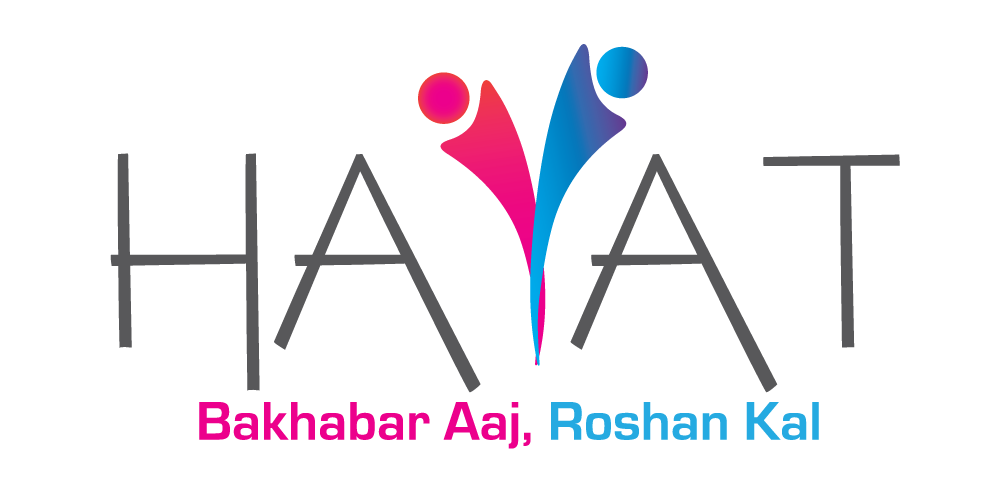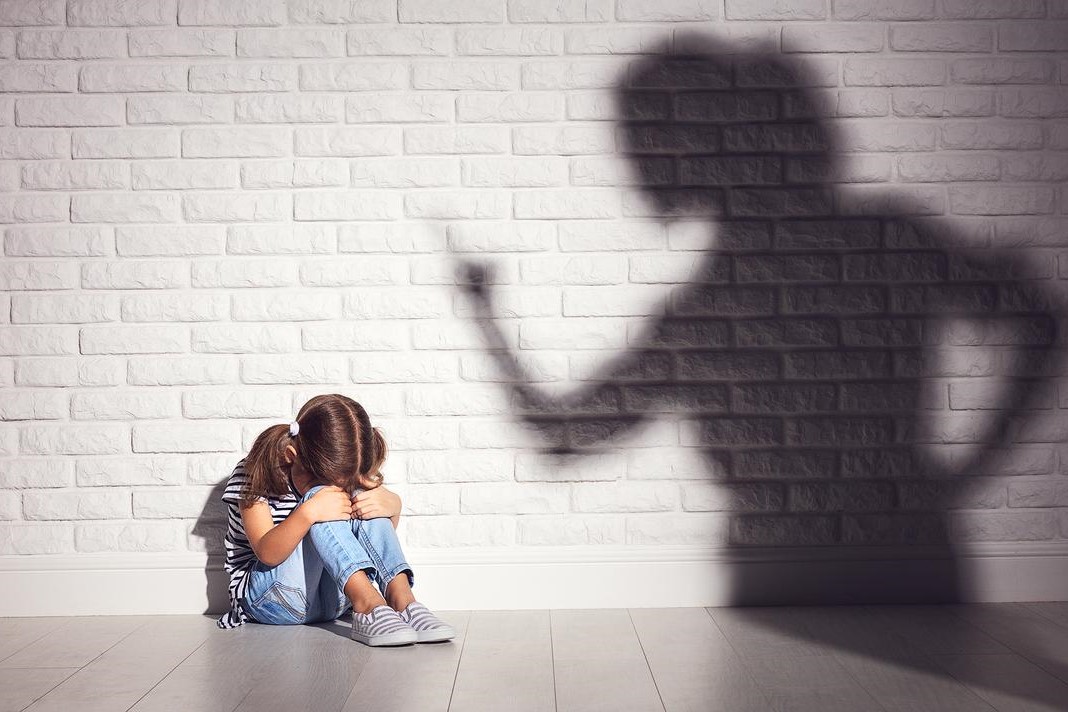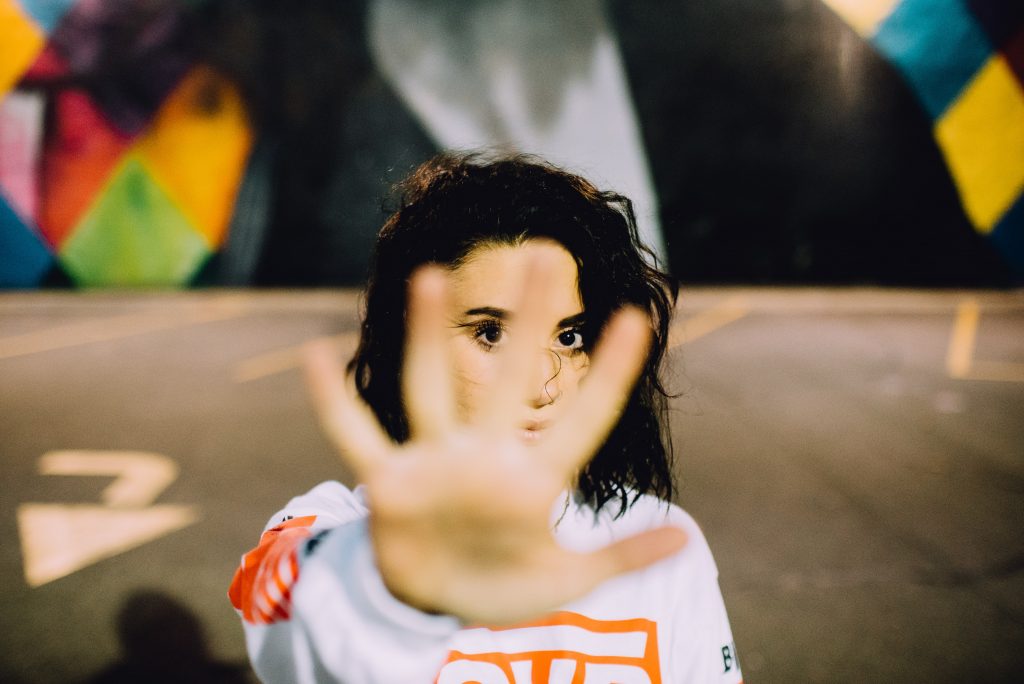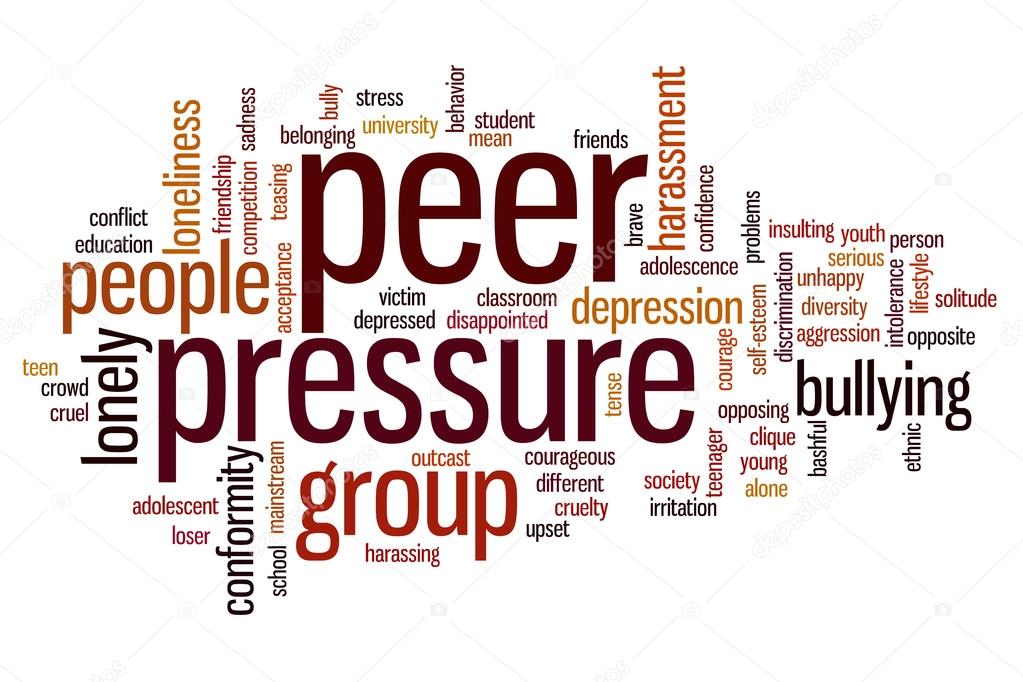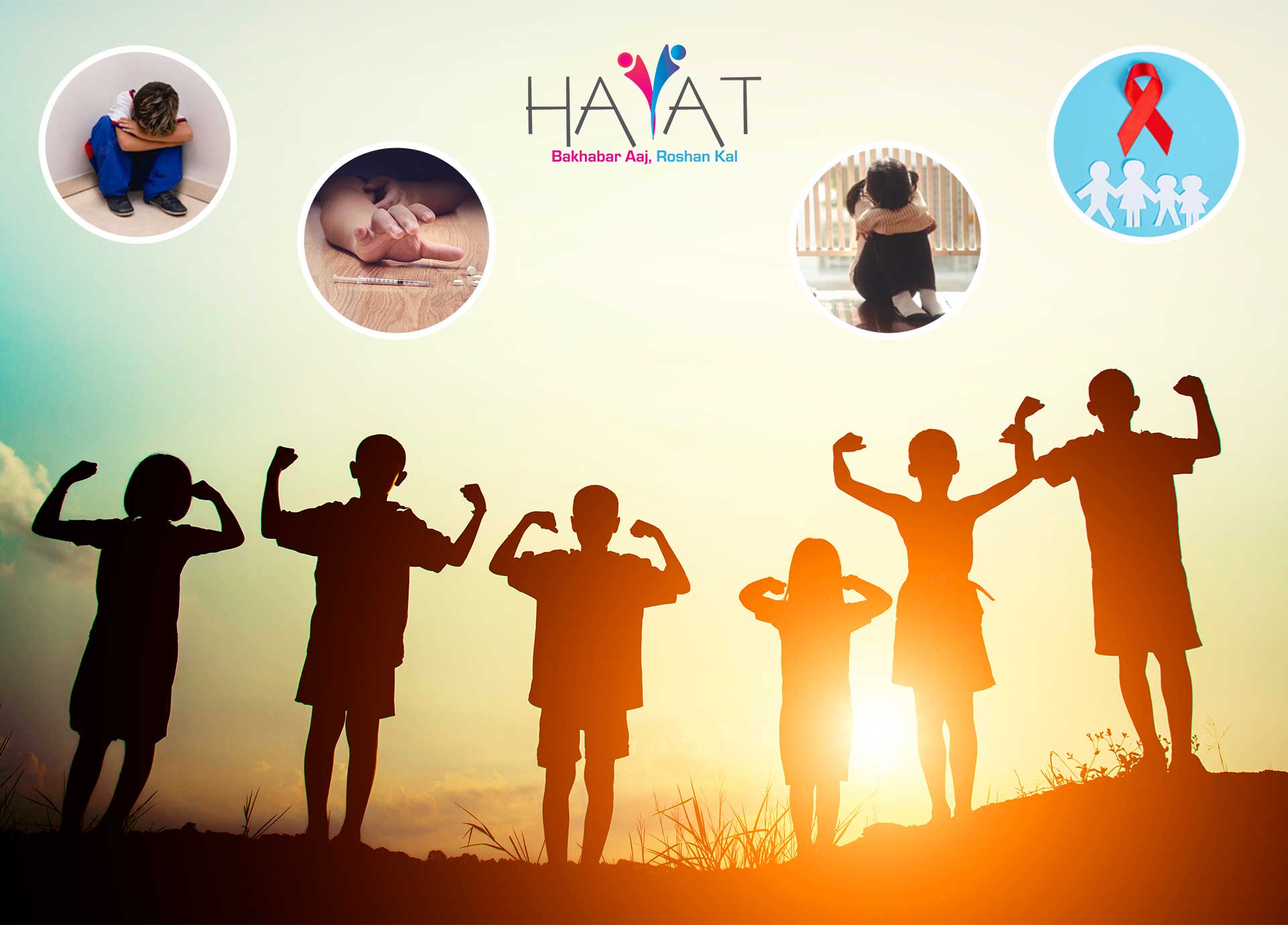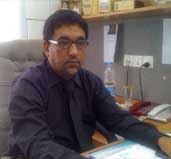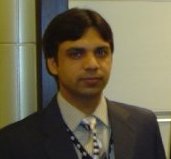60% of the population of Pakistan consists of youth
The formative nature of adolescence makes youngsters the most important population segment in the country.
60% of the population of Pakistan consists of youth
The formative nature of adolescence makes youngsters the most important population segment in the country.

The knowledge required for attitude and character building is missing.
Lack of confidence, self-esteem, self-awareness and sociability prevents our youth from protecting themselves against social evils. For example, more than 100 children are molested in Pakistan each month.

What is good and what is bad?
What is right and what is wrong?
What is good and what is bad?
What is right and what is wrong?
About Us
Hayat campaign aims advocate the cause of creating awareness about vital health and behavior issues faced by adolescents and youth at different social levels and in the media. The issues include child sexual abuse, peer pressure, challenges of growing age, addiction and prevention from infectious diseases like hepatitis and HIV/AIDS.
What is Hayat?
What is Hayat?
How to say no to peers
Parents hardly teach children about it. They don’t even address psychological issues faced by children while growing up. Teaching children about the prevention of child sexual abuse, negative peer pressure, issues of growing age, addiction, and prevention of diseases.
How to say no to peers
Parents hardly teach children about it. They don’t even address psychological issues faced by children while growing up. Teaching children about the prevention of child sexual abuse, negative peer pressure, issues of growing age, addiction, and prevention of diseases.
Working On Topics
Peer Pressure
Peer pressure is when members or friends of the same age group try to influence or take you in to doing things that you do not do. Many people give in to peer pressure because they want to be accepted with their friends. Peer pressure is not always, but mostly a bad thing especially in a society like Pakistan where youngster are not guided on how to say ‘NO’ to peers.
Child Sexual Abuse
According to the latest report by Sahil, an NGO, it is estimated that every day in Pakistan, nearly eight children become victim of sexual abuse. There were 3.002 reported cases of Child Sexual Abuse in 2013. This figure shows an increase of 7.67% from 2012, when the reported cases were 2,788. Province–wise division shows that 2,003 cases of abuse were reported from Punjab, followed by 583 cases reported from Sindh, then 139 by Khyber Pakhtunkhwa and 134 from Federal Capital Islamabad and 106 Balochistan. 35 cases were reported from Azad Jammu Kashmir and only 2 cases were reported from Gilgit Baltistan. The number of unreported cases is expected to be quite higher.
Addiction – Drug Abuse
According to “The Drug Use in Pakistan 2013 Survey Report” prepared by Narcotics Control Division, Pakistan Bureau of Statistics, and UNODC, an estimated 6.7 million adults in Pakistan have used drugs in the past year (2013), 78 per cent of whom are men and 22% are women. Cannabis — in its purified form, hashish — was found to be the most commonly used drug in Pakistan, with 3.6 per cent of the adult population, or four million people listed as users. Opiates, namely opium and heroin, are used by almost one per cent of overall drug users, with 860,000 chronic heroin users.
Problems of Growing Age
According to the Journal of Pakistan Medical Association (JPMA), only 29 percent girls and 41 percent boys have access to correct information about puberty and hygiene in Pakistan. Furthermore, most Pakistani parents are uneasy discussing sensitive but vital health issues with their growing up children. Seventy- two percent of participants believed that they should be given proper information about puberty and the changes of adolescence so they could deal with them better.
Infectious Diseases like HIV/AIDS
Pakistan is amongst 15 countries with the highest prevalence of HIV/Aids and other blood-borne diseases and only 13 per cent of the general population can accurately name three modes of HIV transmission. More than 130,000 people are HIV infected in Pakistan and only 7819 are registered People Living with HIV (PLHIV) in various centres and of them merely 3700 have access to treatment with AIDS drugs – known as antiretroviral therapy (ART). The number has increased from 90,000 in 2011 to 130,000 in 2013, according to estimation of NACP, UNAIDS and World Health Organisation.
Hayat intends to advocate with religious leaders and opinion-makers about the importance of their role.
The campaign’s objective is to make them realize their most important responsibility to raise voice for these issues. Hayat’s objective is to improve the lives of new generation. Hayat aims to create a world where children are properly educated and guided by the parents and caretakers as this is the only way to build a better society.
Working On Topics
Peer Pressure
Peer pressure is when members or friends of the same age group try to influence or take you in to doing things that you do not do. Many people give in to peer pressure because they want to be accepted with their friends. Peer pressure is not always, but mostly a bad thing especially in a society like Pakistan where youngster are not guided on how to say ‘NO’ to peers.
Child Sexual Abuse
According to the latest report by Sahil, an NGO, it is estimated that every day in Pakistan, nearly eight children become victim of sexual abuse. There were 3.002 reported cases of Child Sexual Abuse in 2013. This figure shows an increase of 7.67% from 2012, when the reported cases were 2,788. Province–wise division shows that 2,003 cases of abuse were reported from Punjab, followed by 583 cases reported from Sindh, then 139 by Khyber Pakhtunkhwa and 134 from Federal Capital Islamabad and 106 Balochistan. 35 cases were reported from Azad Jammu Kashmir and only 2 cases were reported from Gilgit Baltistan. The number of unreported cases is expected to be quite higher.
Addiction – Drug Abuse
According to “The Drug Use in Pakistan 2013 Survey Report” prepared by Narcotics Control Division, Pakistan Bureau of Statistics, and UNODC, an estimated 6.7 million adults in Pakistan have used drugs in the past year (2013), 78 per cent of whom are men and 22% are women. Cannabis — in its purified form, hashish — was found to be the most commonly used drug in Pakistan, with 3.6 per cent of the adult population, or four million people listed as users. Opiates, namely opium and heroin, are used by almost one per cent of overall drug users, with 860,000 chronic heroin users.
Problems of Growing Age
According to the Journal of Pakistan Medical Association (JPMA), only 29 percent girls and 41 percent boys have access to correct information about puberty and hygiene in Pakistan. Furthermore, most Pakistani parents are uneasy discussing sensitive but vital health issues with their growing up children. Seventy- two percent of participants believed that they should be given proper information about puberty and the changes of adolescence so they could deal with them better.
Infectious Diseases like HIV/AIDS
Pakistan is amongst 15 countries with the highest prevalence of HIV/Aids and other blood-borne diseases and only 13 per cent of the general population can accurately name three modes of HIV transmission. More than 130,000 people are HIV infected in Pakistan and only 7819 are registered People Living with HIV (PLHIV) in various centres and of them merely 3700 have access to treatment with AIDS drugs – known as antiretroviral therapy (ART). The number has increased from 90,000 in 2011 to 130,000 in 2013, according to estimation of NACP, UNAIDS and World Health Organisation.
Hayat intends to advocate with religious leaders and opinion-makers about the importance of their role.
The campaign’s objective is to make them realize their most important responsibility to raise voice for these issues. Hayat’s objective is to improve the lives of new generation. Hayat aims to create a world where children are properly educated and guided by the parents and caretakers as this is the only way to build a better society.
Success stories
Subscribe for Staying Updated

